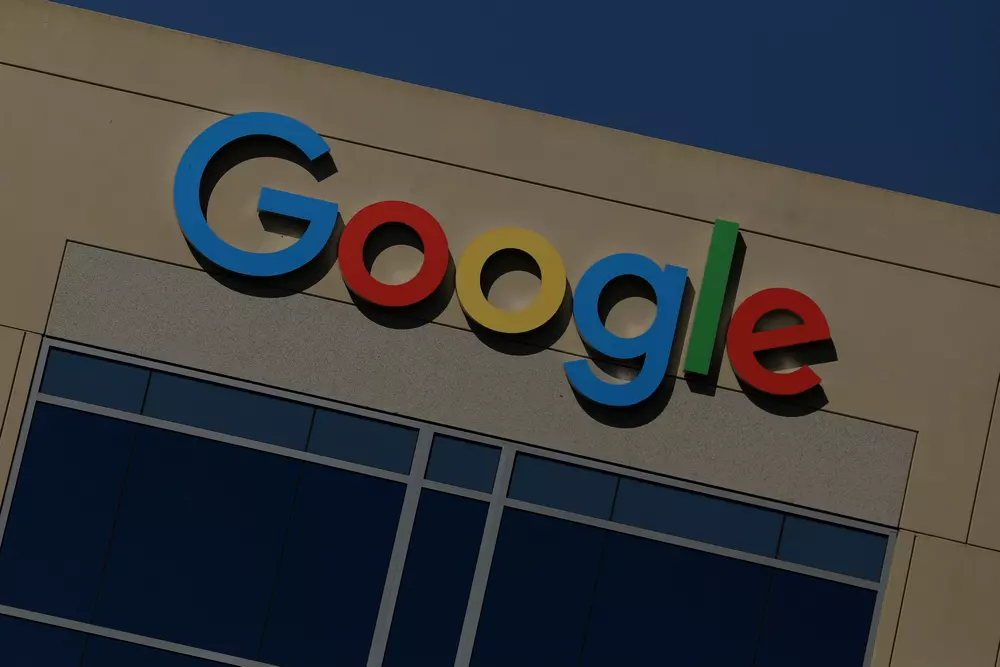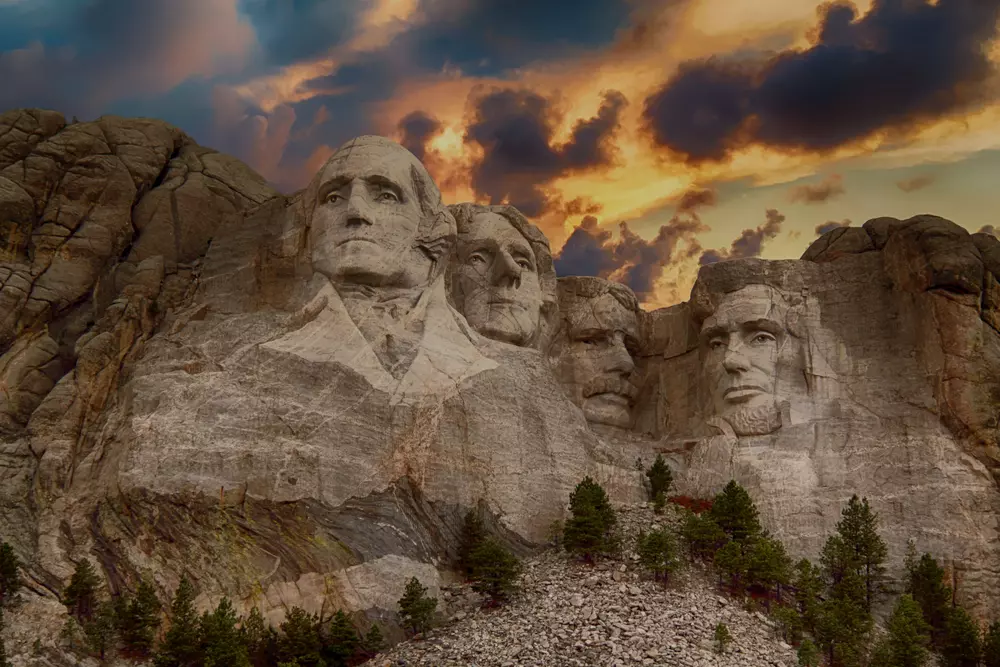Who was Steve Jobs?
Do you remember when an iPhone became the best gift imaginable? Steve Jobs didn’t just revolutionize high tech — he reshaped our everyday lives. After his death, a wave of over-the-top admiration swept the world, and for some, it became a bit much. But the truth is, Jobs was genuinely a remarkable person — quirks and all. See for yourself.
Steven Paul Jobs was born on February 24, 1955, in San Francisco. From an early age, he was fascinated by electronics and engineering. In high school, he met Steve Wozniak, and together they would later co-found Apple. After a brief stint at Reed College in Portland, Jobs dropped out to focus on his passion — building computers.
Jobs didn’t just start Apple — he changed the world by introducing devices that became part of our everyday routines. In this article, we’ll explore who Steve Jobs really was, the journey that led to his success, and the legacy he left behind.
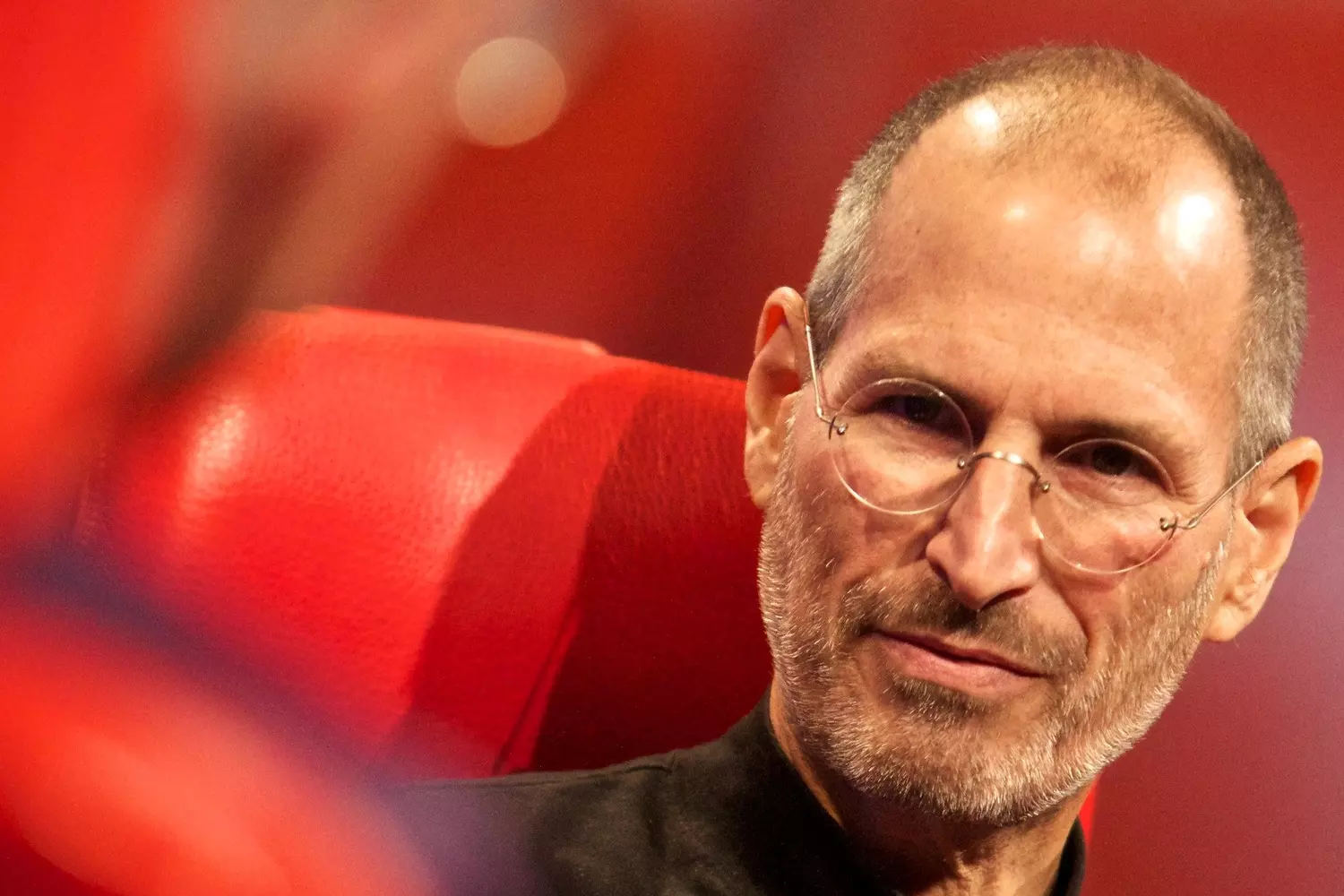
What did Steve Jobs achieve?
Steve Jobs was one of the most famous and controversial figures of the modern era. Some praise him as a genius and the father of the digital revolution; others criticize him for creating a media addiction and leading a rather peculiar lifestyle. People may view Jobs differently, but almost all of us have at least one reason to thank him.
Let’s take a look at why Steve Jobs truly deserves a place in the history books — and why he’s so easy to admire.
Because he was just like everyone else
Despite what diehard fans may think, Jobs wasn’t born wearing a superhero cape. He didn’t come from privilege or possess world-changing ambitions from the start. His early involvement with technology began with fixing air conditioners and building devices for prank phone calls. He immersed himself in things society deemed useless: video games, calligraphy, hippie-style wandering, spiritual quests, and even exploiting his friends for resources. And yet, he managed to turn all of that into something meaningful.
His story proves that weakness isn’t always a flaw, and that anyone — regardless of where they started — can achieve something great. It also shows that the ideas of one person can sometimes outshine the work of entire corporate teams.
Steve Jobs toppled the image of a genius millionaire in a suit and polished shoes: a turtleneck, jeans, and sneakers, it turns out, are also quite suitable for a corporate leader.American Butler
Because he broke all the boundaries
As a dreamer and a designer above all else, Steve Jobs revolutionized the visual design and usability of devices. Before him, people focused solely on functionality — aesthetics and user comfort were secondary, if considered at all.
In the tech world, caring about things like visual style was even seen as inappropriate. But thanks to Jobs, we now have diverse fonts, unique device casings, colorful design elements, beautiful icons, touchscreens, and intuitive interfaces.
Despite needing cooperation with reputable corporations, Jobs never compromised his image. He always stayed true to himself — a barefoot, often unwashed hippie-Buddhist.
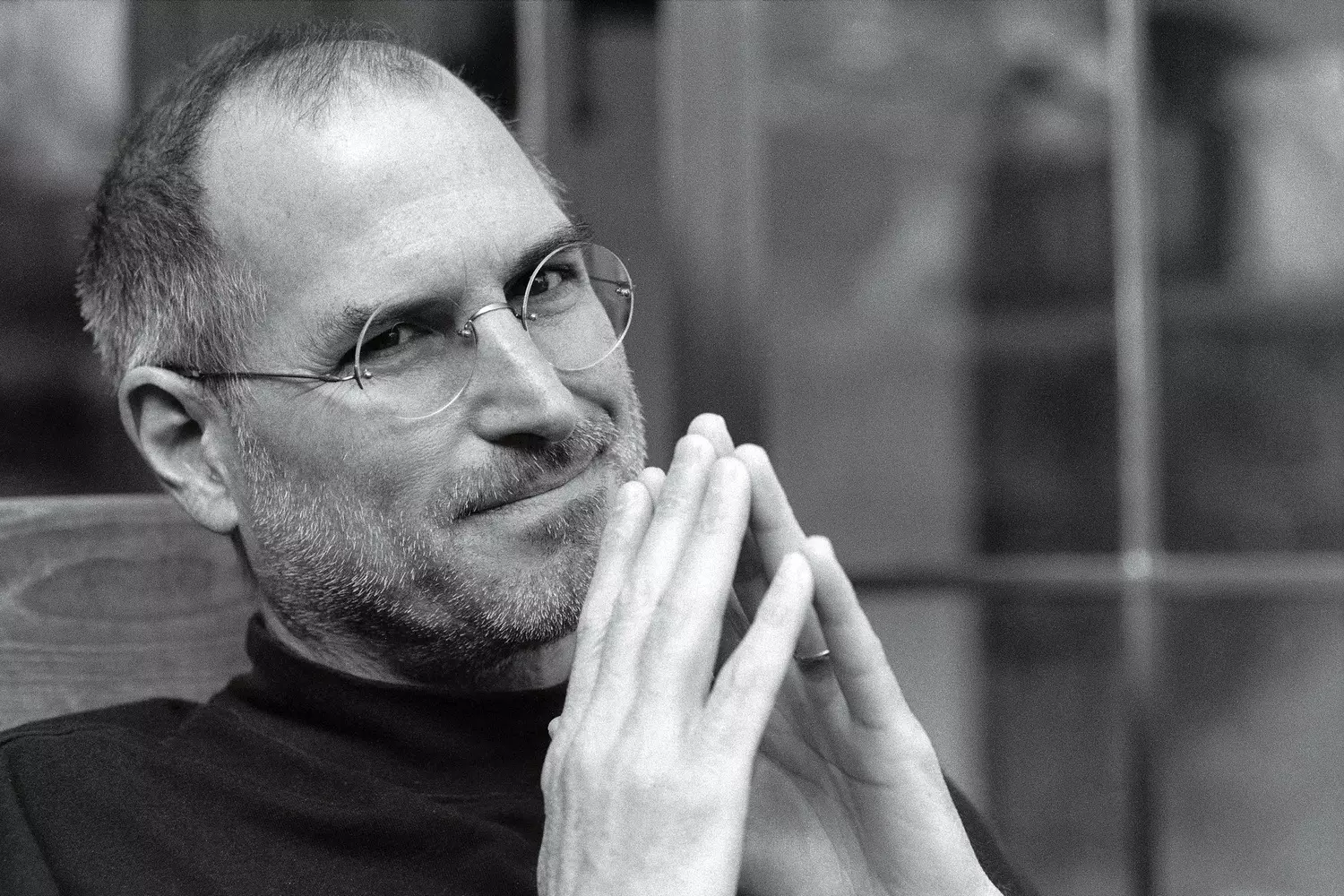
What did Steve Jobs create?
Mice and Trackpads
What we now consider essential for any computer might have never existed. Luckily, in Jobs’ garage, they figured out how to adapt the computer mouse for everyday use — and later, the touchpad for laptops. This gave a strong push to the development of graphic tablets and design software.
iPhone, Mac, and “the Tuna”
Of course, all these were collective efforts, but the ideas of Steve Jobs were the spark that started them. And here’s why even Apple skeptics should recognize their importance:
- 01. Apple’s innovations boosted global competition and pushed developers of both software and hardware to progress. With Apple’s market entries and regular product launches, others were forced to evolve faster — stimulating science, economy, and even culture;
- 02. Despite concerns about control and tech addiction, Apple products really make the world more convenient — with excellent maps, cameras, access to global resources and documents, communication tools, media players, and more, all packed in stylish, user-friendly designs;
- 03. Media libraries like iTunes (nicknamed “the Tuna”) became key tools for digital content distribution. Art became simpler, more mobile, and accessible — all without piracy.
Many inventions came before Jobs, but they remained theories or timid prototypes. He was the one who brought all those “what ifs” out of the shadows and into mass production.
Pixar
At one point, Steve Jobs bought a small but promising computer graphics division from Lucasfilm — the studio couldn’t afford to keep it. Back then, computer animation was costly and rarely in demand. But that department would soon become the legendary animation powerhouse Pixar.
Pixar initially focused on graphics software, while animation was used only for presentations. The studio ran at a loss for years, but Jobs kept investing, believing it would eventually pay off. And it did — the team found its niche and started producing full-length animated films. You know the rest: “Toy Story,” “Monsters, Inc.,” “WALL-E,” “Ratatouille”...
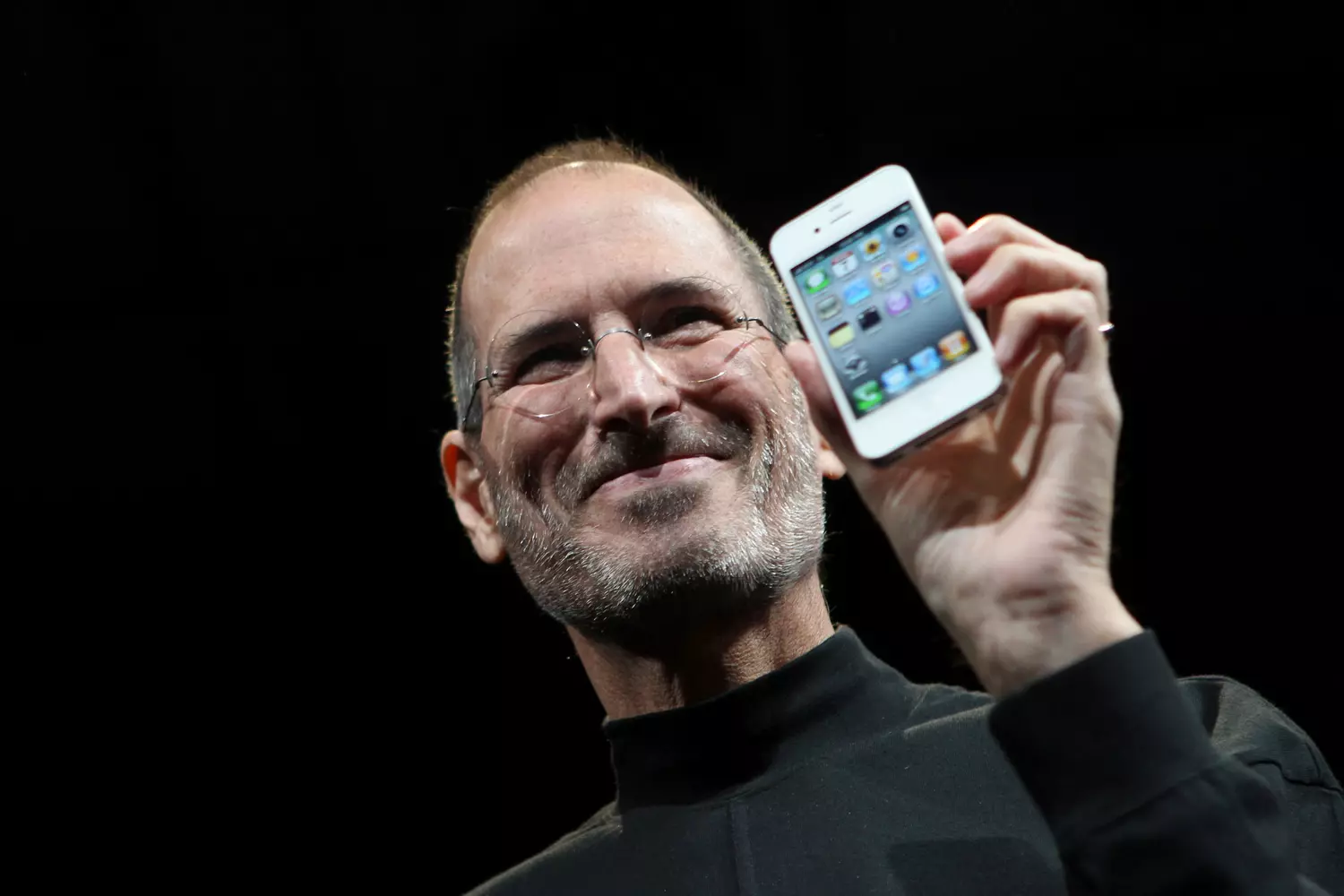
The Image of Steve Jobs: A Role Model
A modern CEO is no longer someone who watches the procession from a balcony — they are part of the action. Steve Jobs was the one who introduced the tradition of live product presentations where the head of the company takes the stage personally. His style was widely imitated, became a source of countless memes, and often drew criticism — for his outfit, his way of speaking, or something else entirely.
But one thing stands out — despite his remarkable status and personal quirks, Steve Jobs never saw himself as above his audience. His live, direct communication helped immortalize him as a “man of the people.”
Jobs's Image as a Role Model
The Death of Steve Jobs and His Lasting Legacy
Steve Jobs passed away on October 5, 2011, but his legacy lives on. He didn’t just create products — he shaped the future. Known for his perfectionism and relentless drive for innovation, Jobs believed that technology should be simple and intuitive for users. His approach to design and functionality set a new standard for the entire industry.
The founder of Apple left an indelible mark on the history of technology. His ideas and products continue to inspire new generations of engineers and entrepreneurs. In the world he helped build, we see his legacy in every device we use and in every innovation that hits the market.
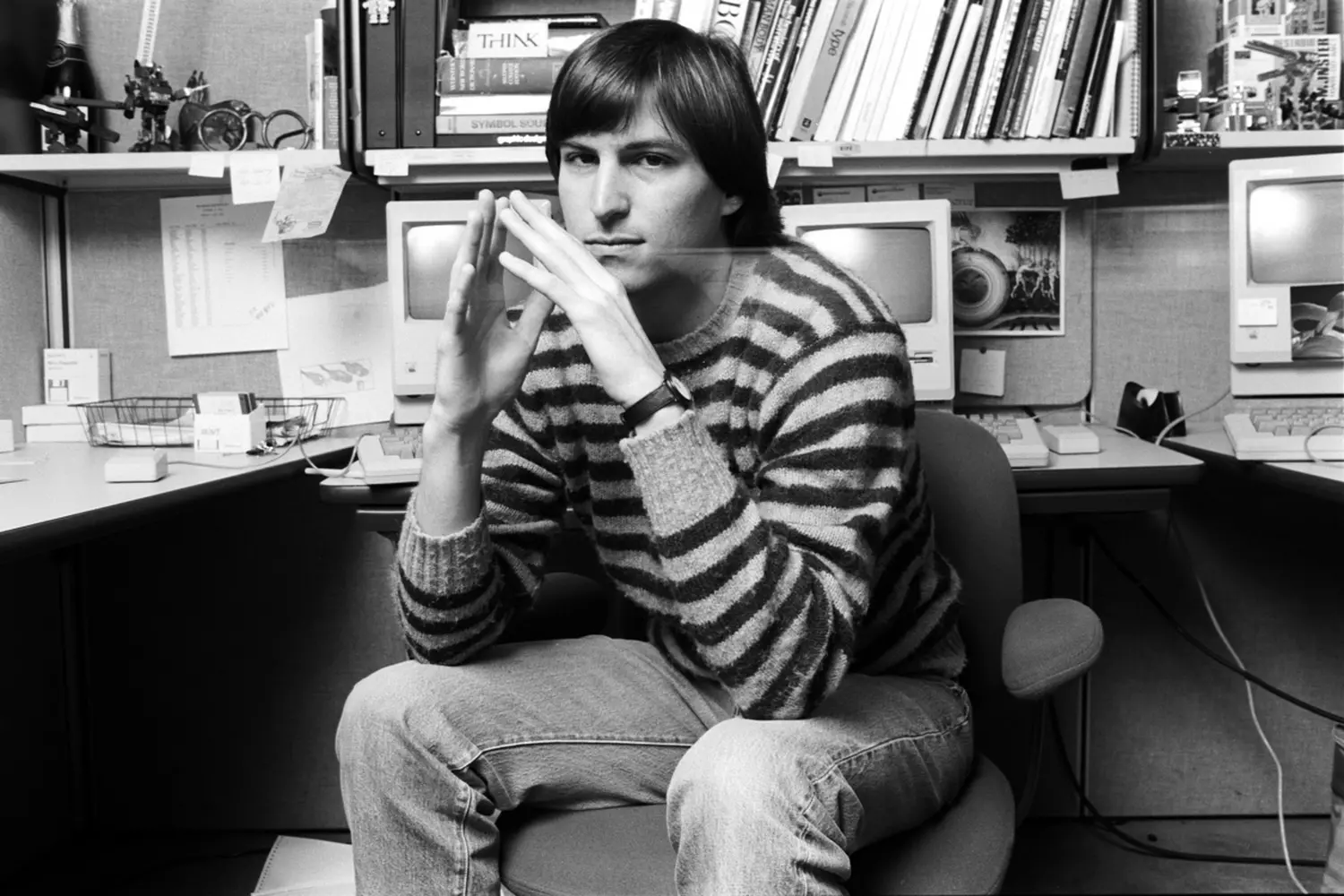
You can be an Android fan and shout that Apple is overrated. You can worship the genius and consider the headquarters in Cupertino a true Mecca. You can say that after Jobs’ death, his legacy faded. Or you can simply take a moment to appreciate the incredible journey this man accomplished in just 56 years, the effort and innovation it took to create the little smartphone next to you — and how amazing it is that we witnessed it all during its rise. One way or another, there’s plenty of reason to admire Steve Jobs.
And if you're curious to see the iconic ring-shaped Apple Park from the inside, American Butler can help. We love organizing unique tours across the USA and regularly share insights into the most fascinating aspects of American culture.














